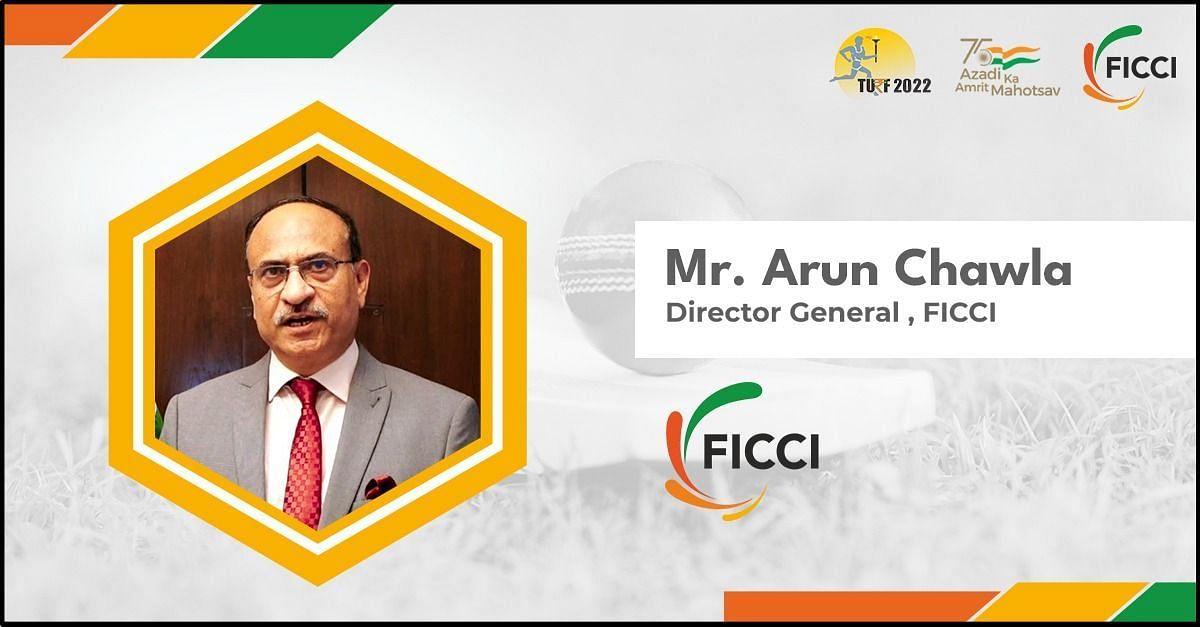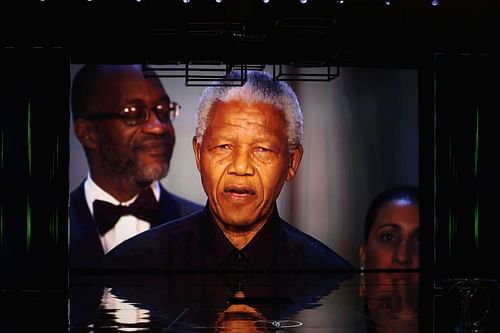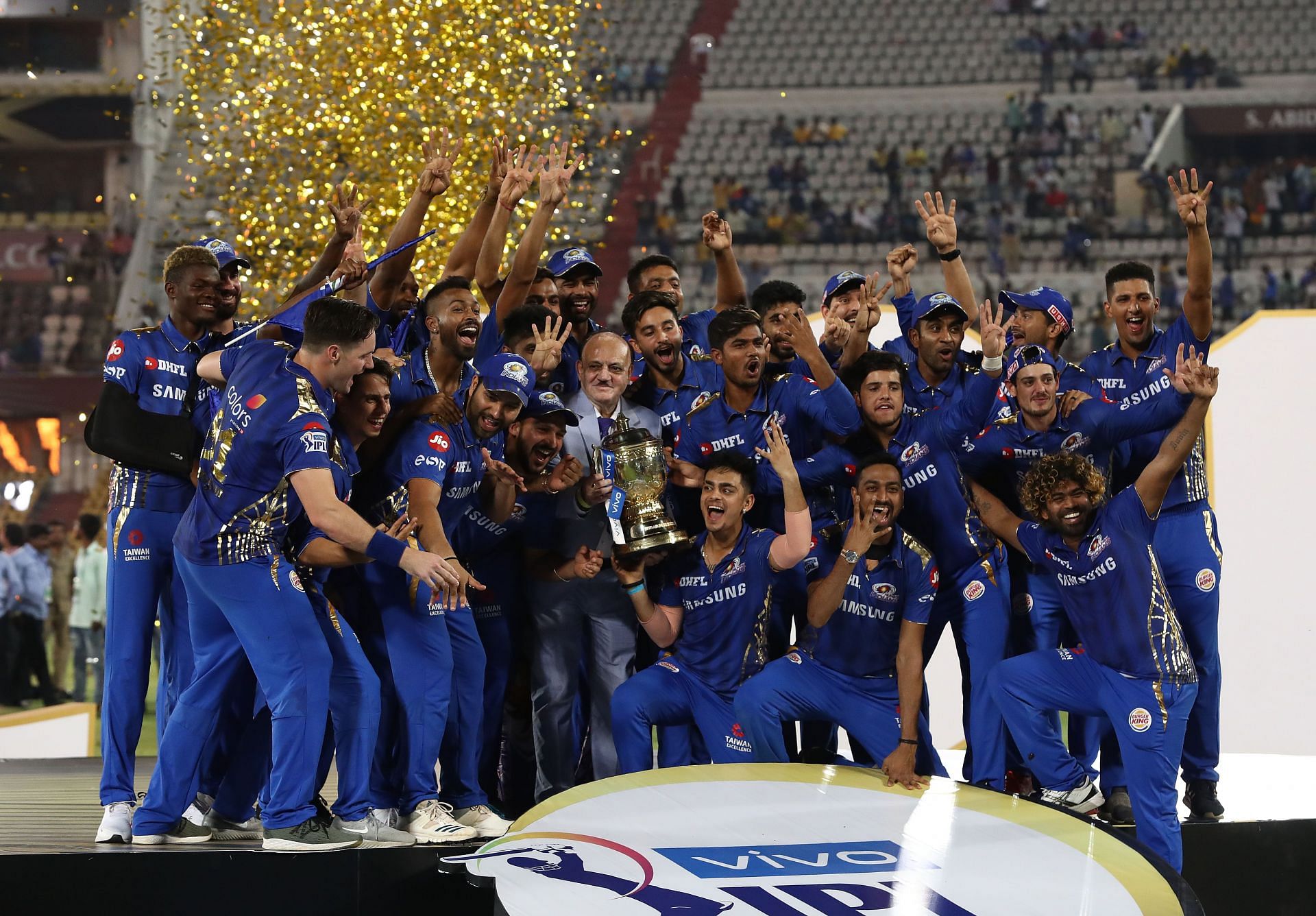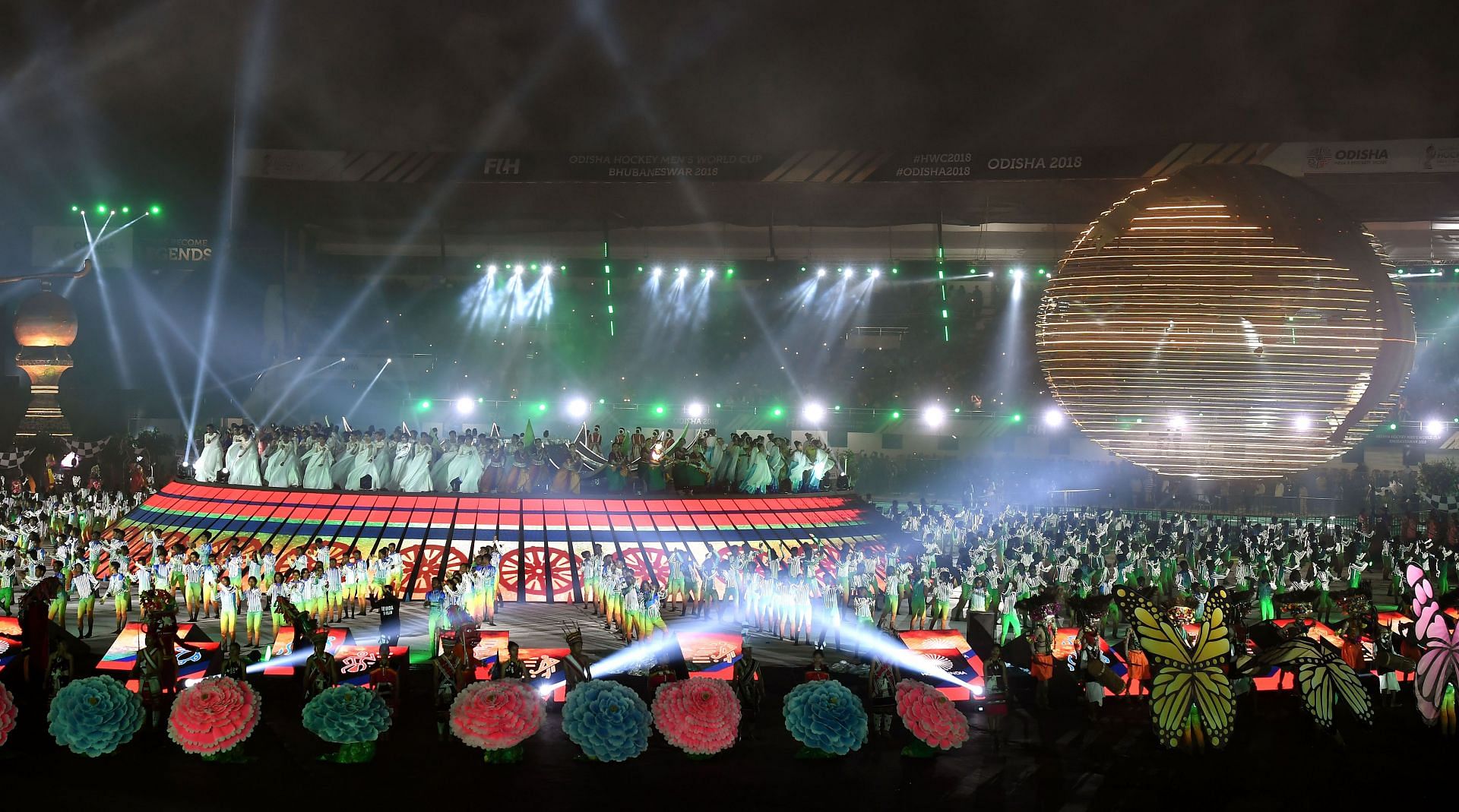
FICCI Director-General on 'Harnessing the Power of Sports'
When it comes to sports development, we often don’t think about the role of policy. But such strategic discussions were on full display at the recently concluded 11th FICCI TURF conclave.
Influential stakeholders representing the sports industry, government bodies, journalists, and administrators convened in the national capital to outline their vision for Indian sports in 2047.
The one-day summit on 26th November also witnessed the participation of leading athletes, including Manika Batra, India’s first female table tennis player to win a medal at the Asian Cup just a few weeks ago.
FICCI has always played a constructive role in facilitating dialog between business and government.
"We, the people of India - Harnessing the Power of Sports": FICCI Director-General Mr. Arun Chawla shares his thoughts
Read on for FICCI Director-General Mr. Arun Chawla's thoughts, in his own words, on the evolution of Indian sports and how the country can harness the power of sports to become a leading sports nation:
“In his inaugural address at the Laureus World Sports Awards, Nelson Mandela said, 'Sports has the power to change the world.'

Globally, it has been proven time and again that sports indeed have the power to bring about real change, change in society, change in economies as well as a change in overall human attitude for the better. Today, more than ever, the relevance of sports to grow beyond the professional realms and touch all lives is evident. Fitness and movement are finally getting due priority and sports binds this all together to nurture a fitter, more agile youth, ready to face a new world order.
Sports is one unifying platform that allows people to put their differences aside and work together to achieve human excellence. Important aspects that have emerged in the era of COVID-19, like mental wellbeing, ability to develop long-term immunity, and strengths can all be achieved through sports.
But if we look at India and our relationship with sports, it has been an interesting journey, to say the least. Sports, though intrinsic to our nature and culture, has not been as much of a priority as the development of intellectual and skill-based prowess. However, of late, we have seen a growing spotlight on sports across the spectrum, which is also a sign of us as a nation coming of age.
Whether it is better access to world-class infrastructure and training, or a growing acceptance of sports integrated into education and as a mainstream career, we have a lot moving to do in the right direction to build India’s potential to emerge as an attractive hub for sports.

The Indian Premier League (IPL) is a prime example of this in recent years. The domestic cricket league has become the number 2 ranked sporting brand in the world. It has always been a hotspot for foreign cricket stars and in turn, it has provided the Indian players with an opportunity to improve and learn from the best in the world. This has led to a boom in the standards of Indian cricket at all levels.
Our inherent ‘People Power’ allows for more opportunities to harness talent from a young age with growing grassroots initiatives. It also offers an attractive potential pool of spectators and fans for many sports that may be seeing an audience saturation in other parts of the world. In the last decade alone, we have had strong global brands like the NBA, Major League Baseball, Premier League, and La Liga, among others, exploring India as a new market with a lot of potential to grow fans and talent.
A strong ecosystem to promote sports across states is critical. Support to elite athletes via the Target Olympic Podium Scheme (TOPS) and moving down to the ascending participation in the FIT India movement bear testimony to the fact that the state and central government have given sports the right platforms.

States like Odisha are shining examples of how nurturing sports by offering centers of excellence and hosting global events is a great model to grow more success stories from India. Not only does this give impetus to a growing pool of athletes, but also sparks new industries and economies to be nurtured.
The development of sports infrastructure, apparel, and equipment is seeing more local participation. The e-sports and gaming industry has also sparked a new wave of creativity in the technology space, with India having the potential to become an early leader in gaming software development.
Corporate India is also showing a growing interest and involvement in sports right from the grassroot-level foundations, like the pioneering efforts by the TATA Group in Jamshedpur, to the recent initiatives of the JSW Group with the Inspire Institute of Sports.
Seeing a growing interest in sponsorship of sports is also a very encouraging sign. In the recently held Commonwealth Games 2022, the Indian contingent witnessed the largest pool of corporate sponsors than ever before.
All these aspects put together lead to one strong observation. To take our country ahead in the world of sports, the one important decisive factor will be an effective public-private partnership that will lead to rapid development to keep pace with the growing talent and opportunities. Bringing together corporate engagement with public policies and programs is proving to be a success model. But there is a lot left to be explored.
We, the people of India, now, more than ever, need to come together to harness the true power of sports and grow into a leading sporting nation.”
The 11th FICCI TURF Global Sports Summit & India Sports Awards was held on November 26, 2022. You can learn more about the event here.